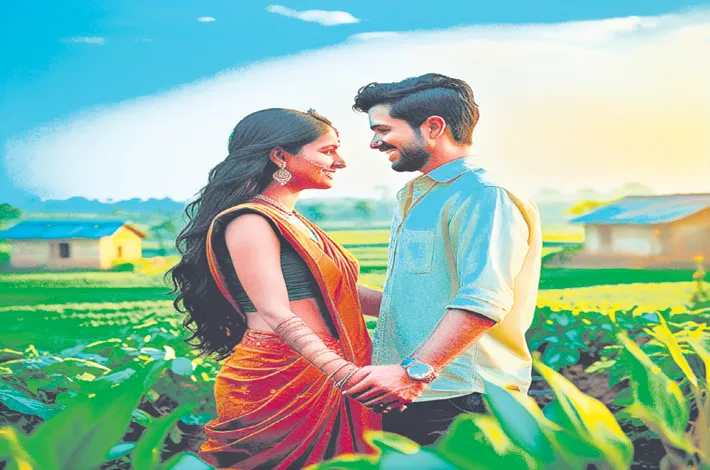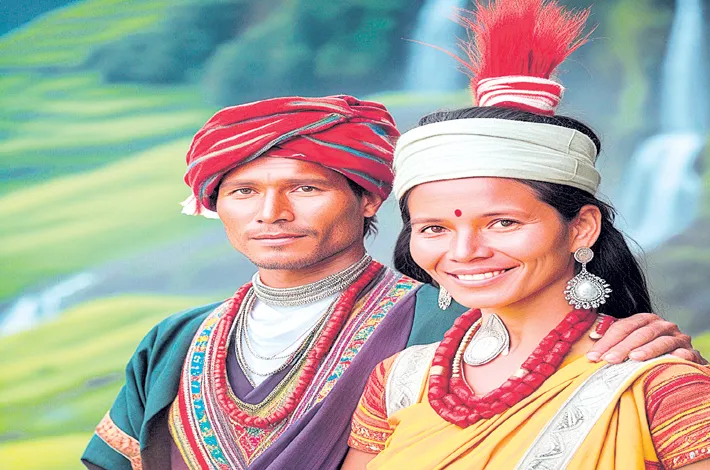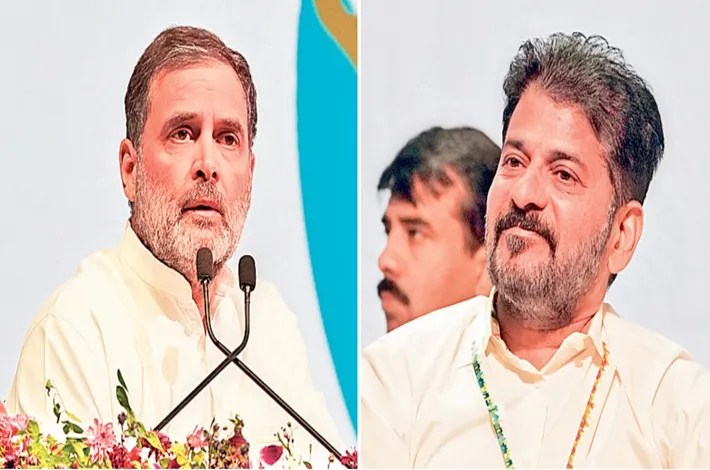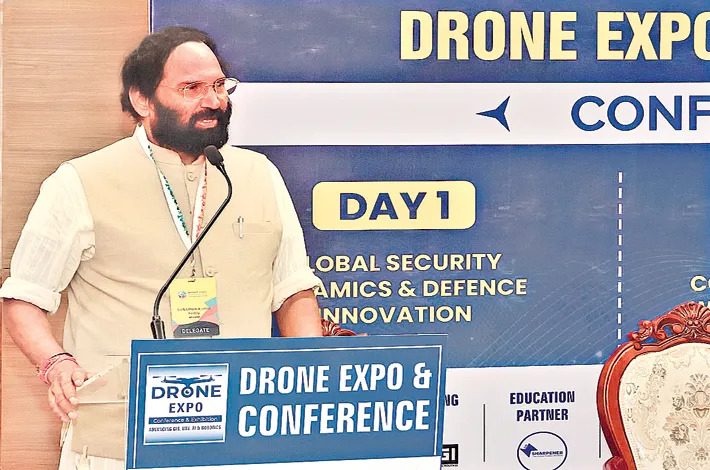A Love Woven in Service
27-04-2025 12:00:00 AM

Emotionally, they became each other’s anchor. Ananya confided in Vikram about her father’s illness, her voice breaking as she spoke of her family’s struggles. Vikram listened, his presence a quiet strength, and shared his own fears—of failing the people who trusted him. One rainy evening, as they sheltered under the branch’s awning, Ananya rested her head on his shoulder
In the heart of rural Telangana, where the sun painted the fields gold and the air carried the scent of earth, Ananya and Vikram found themselves at the start of a new chapter. Both 23, fresh out of their banking exams, they were posted as probationary officers at a small branch of the State Bank in Kondapuram, a village nestled between rolling hills and paddy fields. The branch was a modest building with peeling paint, but to Ananya and Vikram, it was a canvas for their dreams—of serving the poor and building a life of purpose.
Ananya, with her sharp intellect and warm smile, had grown up in a nearby town, her heart always tethered to the struggles of rural life. Vikram, from Hyderabad, carried a quiet intensity, his eyes reflecting a resolve to make a difference. Their first meeting was unceremonious—Ananya tripped over a stack of loan files, and Vikram, ever the gentleman, caught her arm. Their laughter broke the ice, and in that moment, a spark flickered.
Their days were long, filled with the hum of paperwork and the chatter of farmers seeking loans. Ananya’s knack for numbers made her a wizard with financial schemes, while Vikram’s patience shone as he explained policies to illiterate villagers. They bonded over late evenings at the branch, poring over files under a flickering bulb, sharing chai from a roadside stall. “We’re not just bankers,” Ananya said one night, her voice soft but firm. “We’re their hope.” Vikram nodded, his heart swelling with admiration for her passion.
Their intellectual connection deepened through debates—on microfinance, rural development, and the ethics of banking. Ananya argued for inclusive policies, her eyes blazing with conviction. Vikram, more pragmatic, grounded her ideas with practical solutions. Yet, they always found common ground in their shared love for the villagers. They spent hours designing a financial literacy program, teaching women to save and farmers to invest. Each success—a widow opening her first savings account, a farmer buying a tractor—felt like a shared victory. Their hands brushed as they handed out passbooks, and the air between them crackled with unspoken feelings.
Physically, their connection was subtle but electric. During a village outreach program, they walked through fields, their shoulders brushing as they listened to a farmer’s woes. When Vikram helped Ananya climb a rocky path to visit a remote hamlet, his hand lingered on hers, warm and steady. At a local festival, they danced to folk songs under a banyan tree, their laughter mingling with the drumbeats. Ananya’s dupatta caught in the breeze, and Vikram gently untangled it, his fingers grazing her cheek. Her breath hitched, and his eyes held hers, a silent confession in the moonlight.
Emotionally, they became each other’s anchor. Ananya confided in Vikram about her father’s illness, her voice breaking as she spoke of her family’s struggles. Vikram listened, his presence a quiet strength, and shared his own fears—of failing the people who trusted him. One rainy evening, as they sheltered under the branch’s awning, Ananya rested her head on his shoulder. “We’re in this together, aren’t we?” she whispered. Vikram’s heart raced, but he only squeezed her hand, afraid to voice the love blooming within him.
Their love for serving the poor wove their hearts closer. They launched a loan scheme for women’s self-help groups, spending weekends training mothers and daughters to start small businesses. Ananya’s eyes shone as she watched a woman sell her first batch of papads, while Vikram beamed at a farmer who repaid his loan early. Their shared purpose was a language of its own, binding them in ways words couldn’t. Yet, doubt lingered—would love distract them from their mission?
One evening, after a long day, they sat by a stream, the water reflecting the twilight sky. Ananya, usually so composed, seemed nervous. “Vikram,” she began, her voice trembling, “what if this—us—changes everything?” He looked at her, his heart pounding. “Ananya, loving you doesn’t take away from what we do. It makes it better. We’re stronger together.” Her eyes glistened, and she leaned in, their lips meeting in a soft, tentative kiss. It was a promise—of love, of partnership, of a life dedicated to each other and the village they served.
Months passed, and their love grew like the crops in Kondapuram’s fields—steady, resilient, rooted in trust. They faced challenges: skeptical superiors, bureaucratic red tape, and the weight of their responsibilities. But together, they were unstoppable. Ananya’s ideas and Vikram’s execution transformed the branch into a beacon of hope. They celebrated small victories—a school funded by a group loan, a woman’s weaving business thriving—with quiet dinners at the local dhaba, their hands entwined under the table.
As their probation ended, they were offered promotions to urban branches. The choice was hard, but their hearts belonged to Kondapuram. They stayed, their love now a quiet legend among the villagers. Ananya and Vikram knew their story wasn’t just about them—it was about the lives they touched, the hands they held, and the future they built, together, in the heart of rural Telangana.








